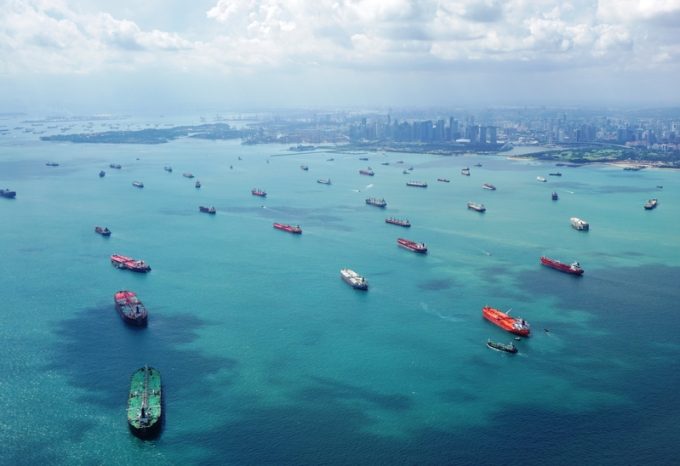
Some 90 containerships, equating to over 600,000 teu of capacity, have found employment in the past month as carriers continue to reinstate blanked sailings and add extra loaders on routes.
According to the latest survey by Alphaliner the idle containership fleet stood at 223 vessels, for 969,000 teu, at 17 August, representing 4.1% of the global cellular fleet.
Moreover, not all of these ships are actually open for employment, with 11 vessels of 12,500 teu and over currently out of service due ...



Comment on this article